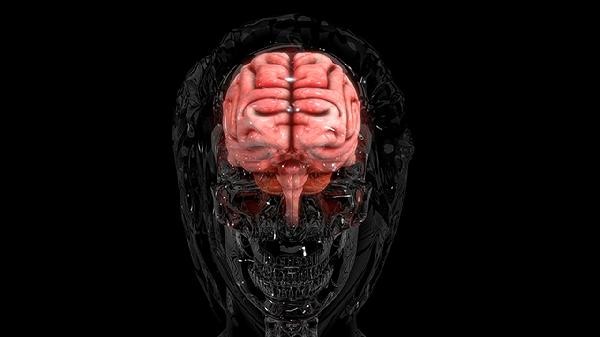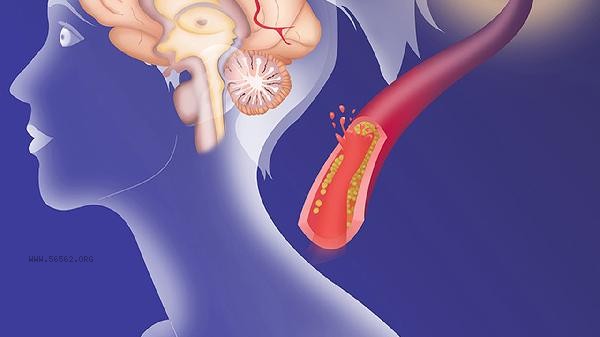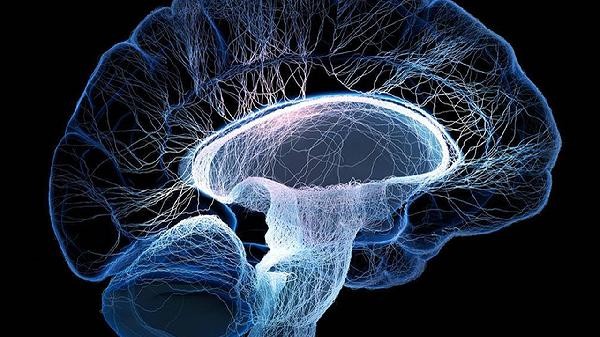The absence of drowsiness in the brain can usually be treated, and in most cases, it can be effectively improved by adjusting lifestyle habits and cognitive behavioral interventions. A few cases of severe insomnia may require drug assisted treatment.

Lack of sleep in the brain is common in short-term sleep disorders and is related to psychological and physiological factors such as emotional stress and disrupted sleep patterns. Establishing a fixed sleep schedule can help stabilize the biological clock, and avoiding the use of electronic devices before bedtime can reduce the inhibition of melatonin secretion by blue light. Relaxation training such as abdominal breathing or progressive muscle relaxation can reduce nerve excitability, while moderate daytime exercise can enhance sleep drive, but it is necessary to avoid vigorous activities before bedtime. Restricting bed rest time and avoiding daytime sleep can enhance sleep efficiency, while cognitive-behavioral therapy can correct excessive anxiety about insomnia. Chronic insomnia lasting for more than three months may require professional intervention. When accompanied by emotional disorders such as depression and anxiety, antidepressants should be used in combination. Long term use of sedatives carries a risk of dependence, and strict adherence to medical advice is necessary. Insomnia caused by organic diseases such as sleep apnea syndrome needs to be treated as the primary disease. Hormone replacement therapy can be considered for sleep problems caused by menopausal hormone changes. Some neurodegenerative diseases may also manifest as sleep rhythm disorders in the early stages.

Improve sleep environment by keeping it dark and quiet, with the bedroom temperature controlled at around 20 degrees Celsius being ideal. Avoid high-fat and spicy foods for dinner, and limit caffeine intake in the afternoon. It is not recommended to take medication immediately for short-term insomnia, and herbal tea drinks such as valerian can be tried. If self-regulation is ineffective or accompanied by daytime functional impairment, it is recommended to go to a sleep specialist for multi-channel sleep monitoring. Keeping a sleep diary helps doctors determine the type of insomnia, and combination therapy is often more effective than a single intervention.









Comments (0)
Leave a Comment
No comments yet
Be the first to share your thoughts!